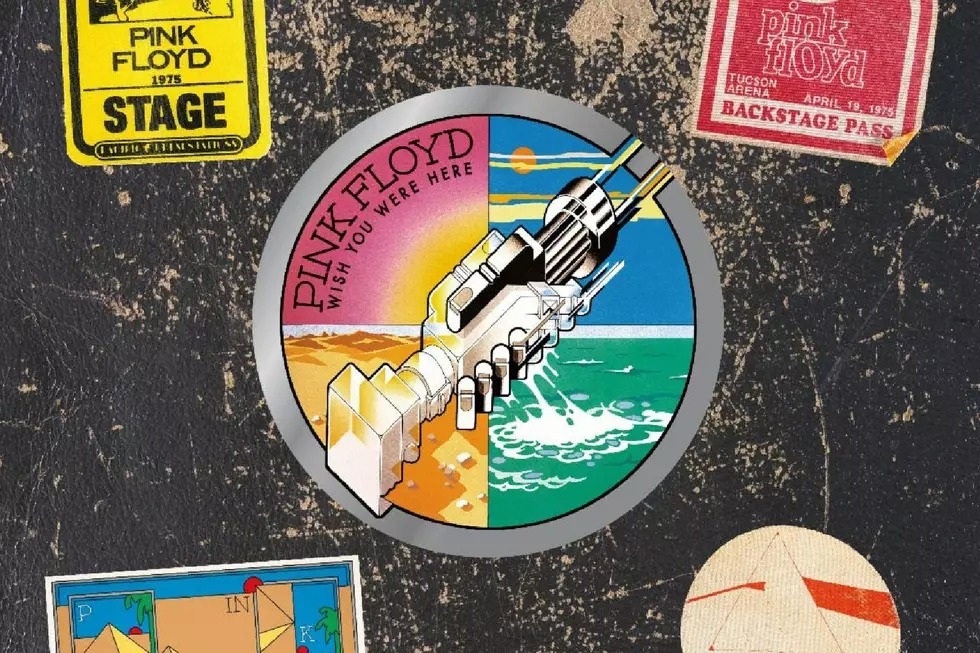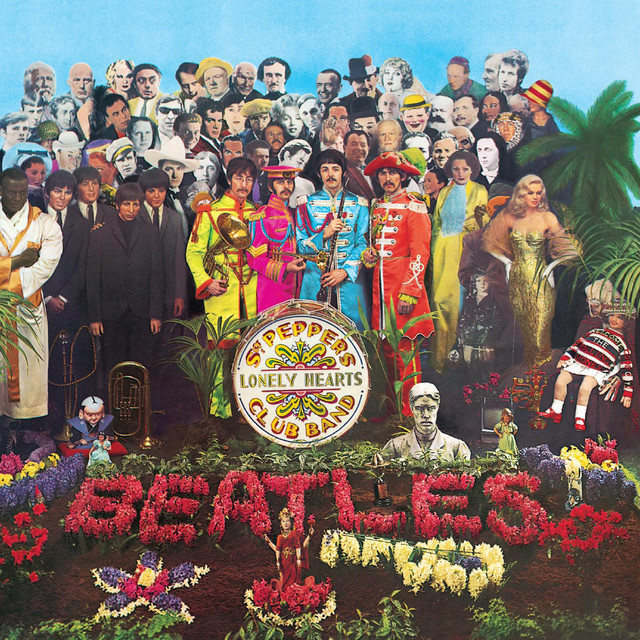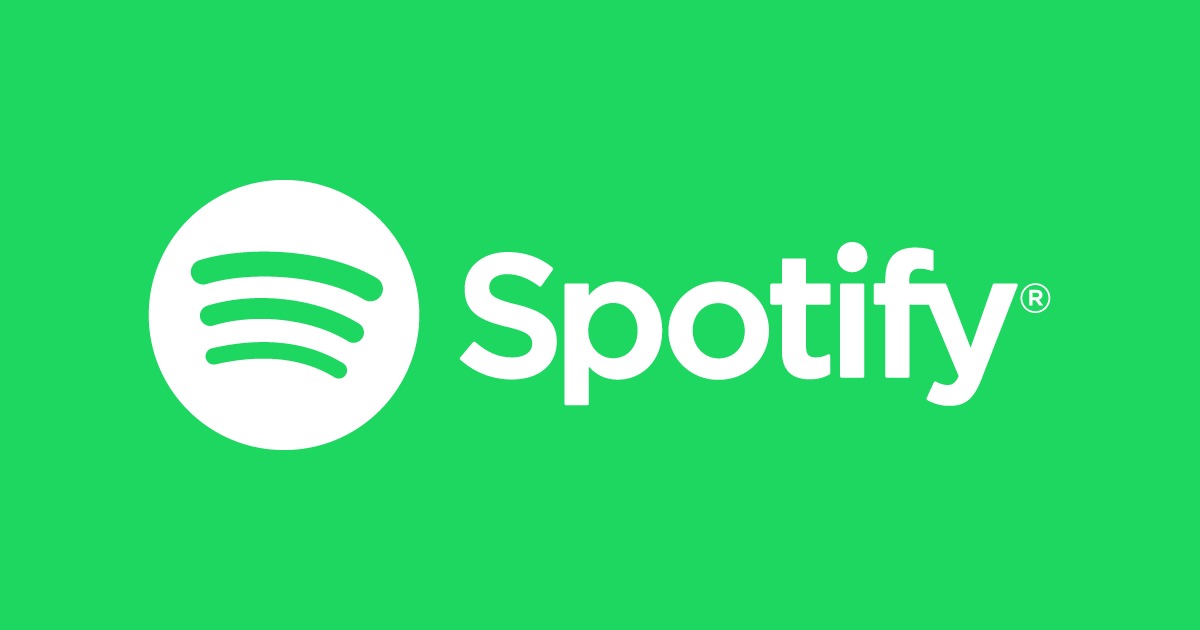The guitar hero once stood as music’s ultimate symbol of individual mastery—a figure who could command stadium crowds through sheer technical brilliance and magnetic presence. Today, you’ll struggle to name a single mainstream guitarist who commands that kind of cultural reverence. This represents a deliberate cultural shift disguised as natural evolution.
The Numbers Tell the Brutal Story
Electric guitar sales dropped by 500,000 units annually as of 2018, while streaming algorithms rewarded entirely different skills.
The evidence sits in retail reports and industry strategy shifts across major labels. Matt Bellamy of Muse captured the transformation perfectly: “The guitar has become a textural instrument rather than a lead instrument.” Translation? Your instrument went from being the star to being wallpaper. Meanwhile, labels quietly redirected budgets away from guitar-driven acts toward producer-centric pop and hip-hop, where one person with a laptop could generate hits faster than a four-piece band could book studio time.
Economics Killed the Guitar Star
Streaming revenues and social media metrics transformed individual virtuosity into an unaffordable luxury.
The math was merciless. When physical sales collapsed and streaming paid fractions of pennies per play, record labels couldn’t justify the expensive machinery of guitar herodom—full bands, lengthy tours, years of development time. Digital producers could create chart-toppers from bedroom studios while guitarists spent decades mastering their craft. TikTok and Instagram completed the transformation, prioritizing viral content over sustained musical development.
The Cultural Shift From Genius to Brand
Excellence became ideologically questionable in an era emphasizing collective identity and accessible success.
This wasn’t just economics—it was cultural repositioning. The guitar hero archetype embodied everything modern entertainment culture learned to view skeptically: hierarchical skill, individual genius, and the uncomfortable reality that some people excel beyond others. The industry embraced different values by emphasizing relatability and personal branding over technical mastery. Your favorite guitarist’s Instagram presence now carries more weight than their picking technique.
What Survived the Transformation
Guitar virtuosos persist in dedicated communities while mainstream music embraced new models of stardom.
Guitar clinics continue. Virtuosos still release albums. Pandemic lockdowns sparked brief sales revivals as people rediscovered instruments during quarantine. These represent passionate niche communities rather than mainstream cultural forces. The guitar hero archetype maintains devoted followers in specialized circles, but without the broader cultural influence it once commanded. Excellence didn’t vanish—it simply became optional.


























